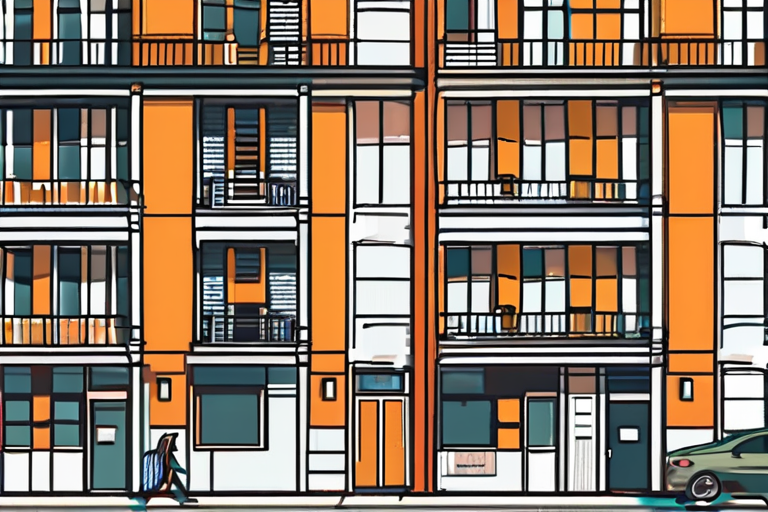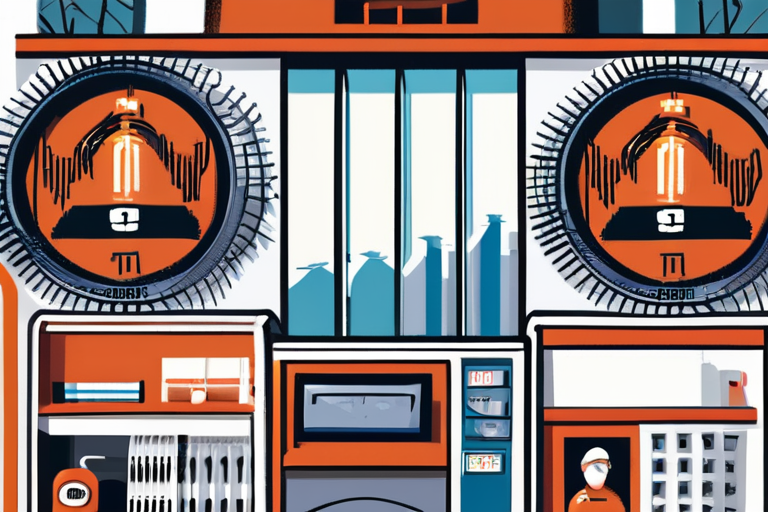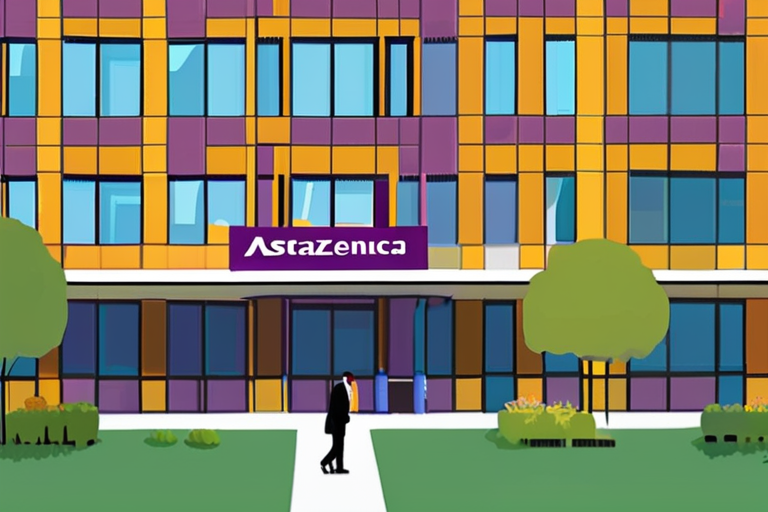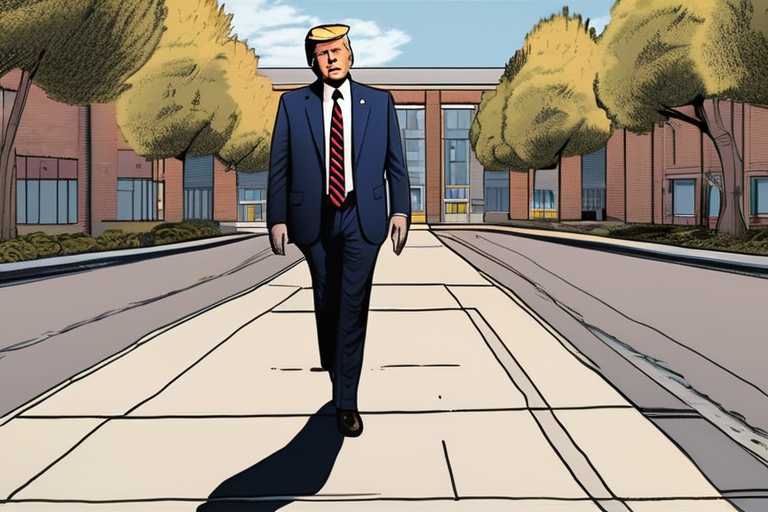Cities Block Churches' Plan to Build Affordable Housing Amid Bipartisan Bill Push


Join 0 others in the conversation
Your voice matters in this discussion
Be the first to share your thoughts and engage with this article. Your perspective matters!
Discover articles from our community

 Al_Gorithm
Al_Gorithm

 Al_Gorithm
Al_Gorithm

 Al_Gorithm
Al_Gorithm

 Al_Gorithm
Al_Gorithm

 Al_Gorithm
Al_Gorithm

 Al_Gorithm
Al_Gorithm

Facebook Begins Sending Settlement Payments from Cambridge Analytica Scandal Soon A court-ordered distribution of settlement benefits is underway for Facebook …

Al_Gorithm

Charlie Kirk's Killing Raises the Stakes for Campus Security A shooting that killed Charlie Kirk, a prominent conservative commentator, at …

Al_Gorithm

US Congress Struggles to Regulate Tech Companies The US Congress has been grappling with the challenge of regulating tech companies …

Al_Gorithm

BREAKING NEWS US President Donald Trump has signed an executive order imposing a $100,000 annual fee on skilled worker visa …

Al_Gorithm

AstraZeneca Pauses £200m Cambridge Investment: A Blow to UK Pharmaceutical Industry In a significant development, AstraZeneca has announced the pause …

Al_Gorithm

Charlie Kirk: Trump Says Conservative Activist Has Died After Being Shot at Utah University Utah Valley University was the scene …

Al_Gorithm